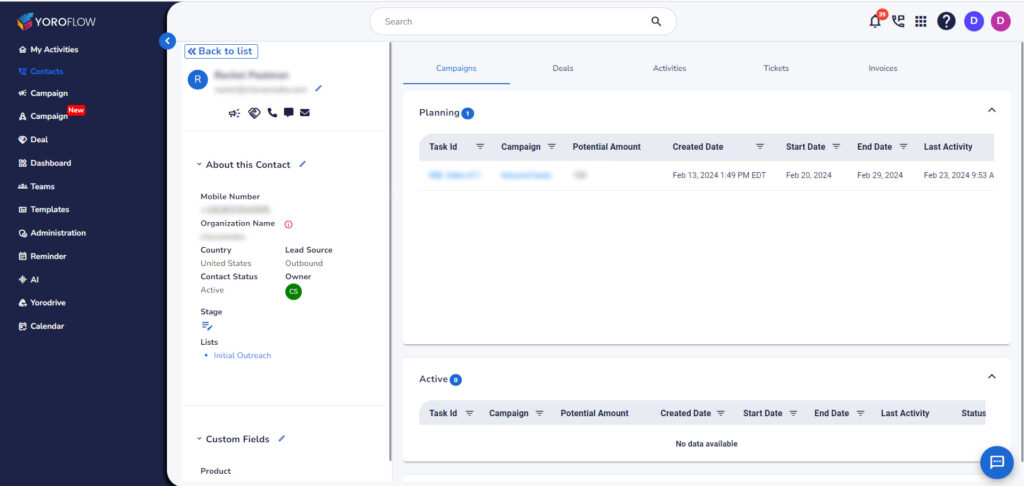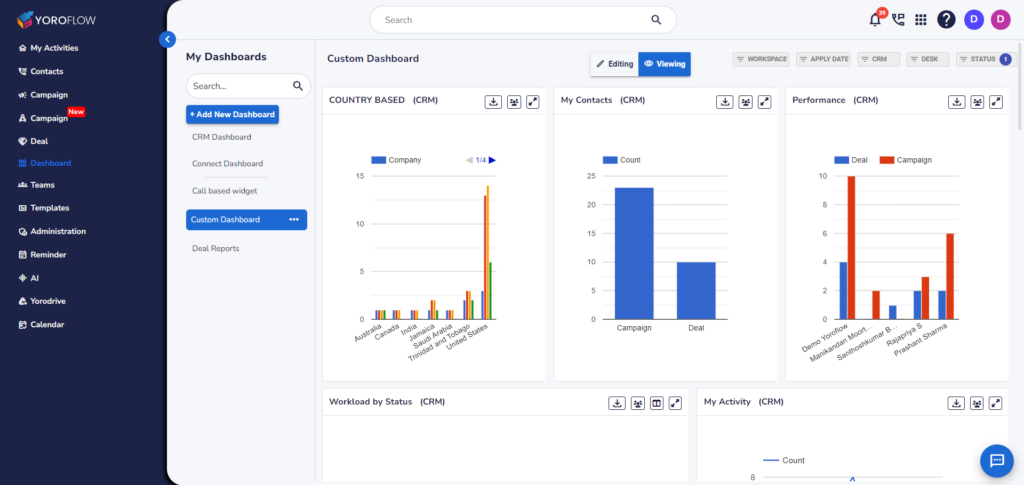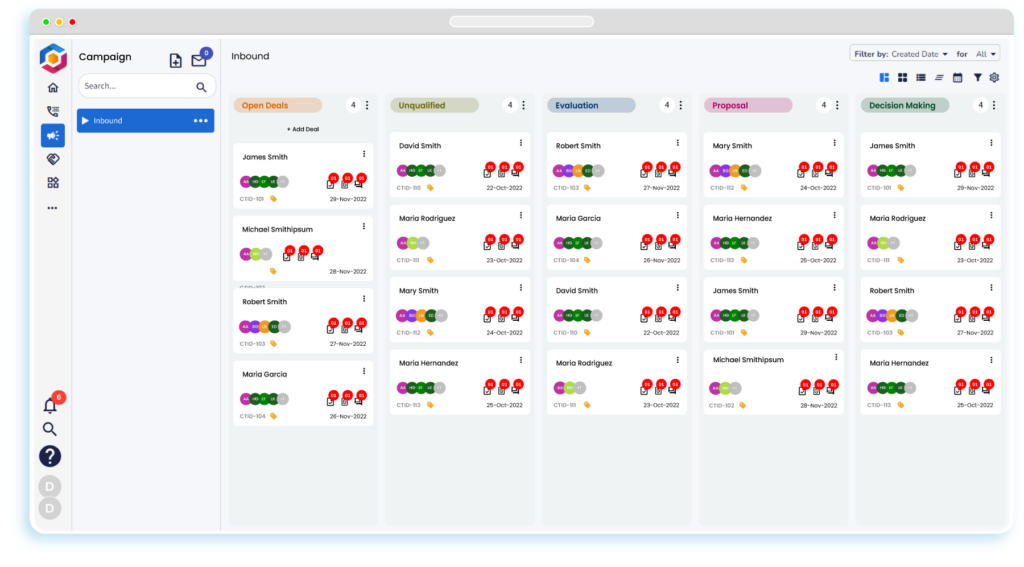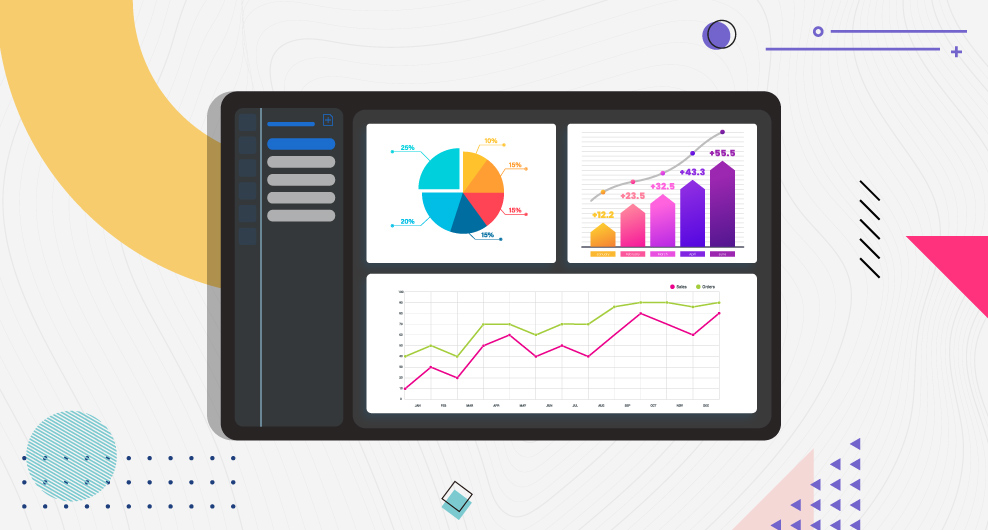Table of Contents
In today’s fast-paced business landscape, sales enablement has emerged as a critical component for organizations striving to stay competitive and drive growth. Sales enablement optimizes the sales process, equipping salespeople with the tools, resources, and training they need to close deals efficiently. But what exactly is sales enablement, and how can businesses master it to achieve their sales objectives?
This guide will explain and provide a thorough overview of sales enablement, features of sales enablement software, strategies, and best practices.
What is sales enablement?
Sales enablement is a strategic approach that equips sales teams with the tools, resources, and knowledge they need to effectively engage with prospects and customers throughout the sales cycle. It encompasses a wide range of activities, including training, content creation, technology implementation, and performance tracking, all aimed at empowering sales professionals to deliver value and drive revenue.
The technologies used in sales enablement software integrate various sales enablement tools to enhance the CRM platform. CRM software like YoroCRM, provides features like creating sales pipelines, conducting marketing campaigns, pipeline management, and reporting. Overall, these features will help the sales team enhance the sales automation.
Features of sales enablement software
Sales enablement software is designed to support sales teams by providing them with the tools and resources they need to effectively engage with prospects and customers throughout the sales cycle. Here are some key features commonly found in sales enablement software:
- Content management: Sales enablement software typically includes a content management system that allows sales teams to access, organize, and share sales collateral, such as presentations, case studies, product sheets, and videos. This ensures that sales reps have the most up-to-date and relevant materials at their fingertips.
- Sales training and onboarding: Some sales enablement platforms offer built-in training and onboarding modules that provide sales reps with the knowledge and skills they need to succeed. This can include interactive courses, quizzes, and certifications.
- CRM integration: Many sales enablement solutions integrate with customer relationship management (CRM) systems, like YoroCRM. This allows sales reps to access customer contact data, track interactions, and manage leads and opportunities directly within the sales enablement platform.

- Analytics and reporting: Sales enablement platforms typically provide analytics and reporting capabilities that allow sales leaders to track the effectiveness of sales enablement initiatives. This can include metrics such as content engagement, sales performance, and pipeline velocity.

- Sales collaboration: Sales enablement software often includes features that facilitate collaboration among sales teams. This can include tools for sharing best practices, collaborating on sales strategies, and providing feedback on sales collateral.
- Customer status: Sales enablement software often includes features that allow salespersons to view the status of various customers on one page.
- Integration with other tools: Sales enablement software may integrate with other tools that sales teams use, such as email marketing platforms, web conferencing tools, or document signing solutions. This allows sales reps to seamlessly move between different tools and workflows.
Overall, sales enablement software is designed to streamline sales processes, improve sales effectiveness, and drive revenue growth. By providing sales teams with the right tools and resources, businesses can empower their sales reps to deliver more value to prospects and customers and achieve their sales goals.
Strategies for effective sales enablement
To master sales enablement, businesses must adopt a strategic approach that aligns with their specific goals and objectives. Here are some key strategies for effective sales enablement:
- Define clear objectives: Establish clear objectives and key performance indicators (KPIs) that align with your organization’s sales goals.
- Understand your audience: Gain a deep understanding of your target audience, their pain points, and their buying journey to tailor your sales enablement efforts accordingly.
- Create compelling content: Develop high-quality, engaging content that addresses customer needs and helps sales teams effectively communicate value propositions.
- Leverage technology: Invest in sales enablement tools and technologies that facilitate collaboration, automate repetitive tasks, and provide actionable insights.
- Provide ongoing training: Offer regular training and development opportunities to keep your sales teams updated on product knowledge, sales techniques, and industry trends.
- Measure and iterate: Continuously monitor the impact of your sales enablement initiatives, gather feedback from sales teams, and iterate based on insights to drive continuous improvement.
Best practices for sales enablement
In addition to the core principles and strategies, here are some best practices that can help businesses master sales enablement:
- Sales and marketing alignment: Foster strong alignment between sales and marketing teams to ensure consistent messaging and a seamless customer experience. Automation tools can be used for consistent messaging like conducting email marketing campaigns at regular intervals.

- Personalization in customer service: Personalized customer service will enhance sales. Automation software can use AI technologies for customer service which will provide personalized customer service by analyzing customer preferences and behaviors. These tools can provide personalized recommendations on some products which may increase sales.
- Feedback loop: Establish a feedback loop where customers can provide input on the effectiveness of sales resources and processes. This can help to improve the sales process further.
Enhance your sales now
Mastering sales enablement requires a strategic approach that aligns sales and marketing efforts, leverages technology, and focuses on continuous improvement. By adopting CRM software like YoroCRM, businesses can empower their sales teams to drive revenue, build stronger customer relationships, and achieve sustainable growth in today’s competitive marketplace.




